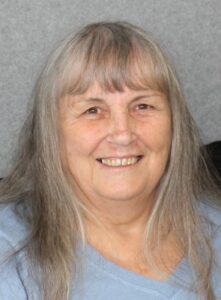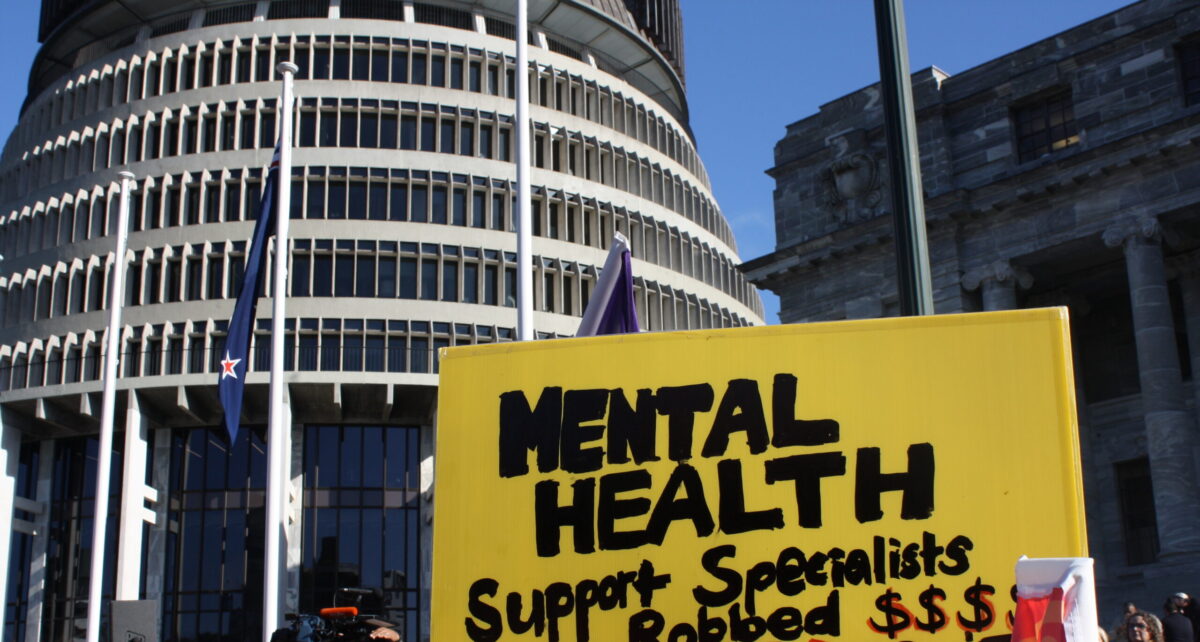Te Poari Kaimātai Hinengaro o Aoteaora — New Zealand Psychologists Board (NZPB) this month approved psychology assistants (PAs) to practise with “strict safeguards” in New Zealand.
The delayed decision followed a backlash from clinical psychologists and mental health nurses who feared the less-qualified role would be used as a cheap replacement for clinical psychologists.
PAs would be able to qualify with a one-year diploma after completing a three-year psychology degree. Clinical psychologists take closer to six years to qualify.
Concerns also included burdening already-stretched mental health professionals obliged to supervise PAs.
‘What they’ve done, is they’ve got a hell of a fright with their workforce reacting badly against the proposal, and so they’ve backtracked.’
NZPB chief executive Vanessa Simpson said the board decided PAs could improve access for people with mild or less-complex needs, who often waited a long time for help.
However, the board recognised that concerns about substitution and supervision were genuine, and had built in “strict safeguards”, she said.

PAs would only be able to practise within a defined scope, as part of a team and under mandatory supervision.
Psychologist board chair Lisa Lawrence told Kaitiaki the name “psychology assistants” had also been chosen to avoid any confusion with clinical psychologists.
“The board has carefully weighed perspectives and remains committed to monitoring the role’s impact once implemented.”
Mental health nurses ask why?
Tōpūtanga Tapuhi Kaitiaki o Aotearoa – NZNO mental health nurses section chair Helen Garrick said there were so many limits now imposed, her only question was: “Why?”
“What they’ve done, is they’ve got a hell of a fright with their workforce reacting badly against the proposal, and so they’ve backtracked. In so doing, they’ve almost removed the purpose of doing this,” she told Kaitiaki.
‘I haven’t talked to a single clinical psychologist who is keen on picking up one of these and supervising them. Why would you?’
A PA would have no clinical responsibility and require near-constant supervision. The psychologist, nurse or psychiatrist would still have to do the full assessments, as well as supervise the PAs.
“I haven’t talked to a single clinical psychologist who is keen on picking up one of these and supervising them. Why would you?”
Where’s the money?
It was also frustrating Doocey kept funnelling money into the mild-to-moderate end of mental health, when acute and forensic mental health services were in desperate need of more staff, Garrick said.
The mental health nursing workforce needed more investment in nurse practitioner training, return-to-nursing programmes, Māori nurses and more internationally-qualified nurses with mental health experience, she said.
‘There has to be a commitment to that lost middle group – people who have left nursing.’
The recently released Crawshaw review of Canterbury mental health services also identified a “missing middle” in acute mental health nursing. There were “old, old nurses nearing retirement like me” but a lack of experienced mental health nurses to mentor new graduates, Garrick said.
“There has to be a commitment to that lost middle group – people who have left nursing.”
Mental health nurses here generally complete one year nurse-entry-to-specialist practice (NESP) after a three-year nursing degree, Garrick said.
Next steps?
The psychologists board chair Vanessa Simpson said next steps were to develop training programmes which the board would then consider accrediting.
University of Canterbury (UC) and Auckland University of Technology (AUT) are planning to offer the post-graduate diploma in associate psychology to psychology graduates in 2026.

A spokesperson for UC has said they will evaluate a formal launch date when more information comes through from the NZ Psychologists Board.
Doocey welcomed the decision to approve development of the PA role, saying it would increase access to timely mental health and addiction support.
“We know there are long-standing workforce shortages across the sector, and this initiative opens the door for a career in mental health for the hundreds of students that graduate each year with a degree in psychology but are unable to secure a place in the clinical psychology programme.”




